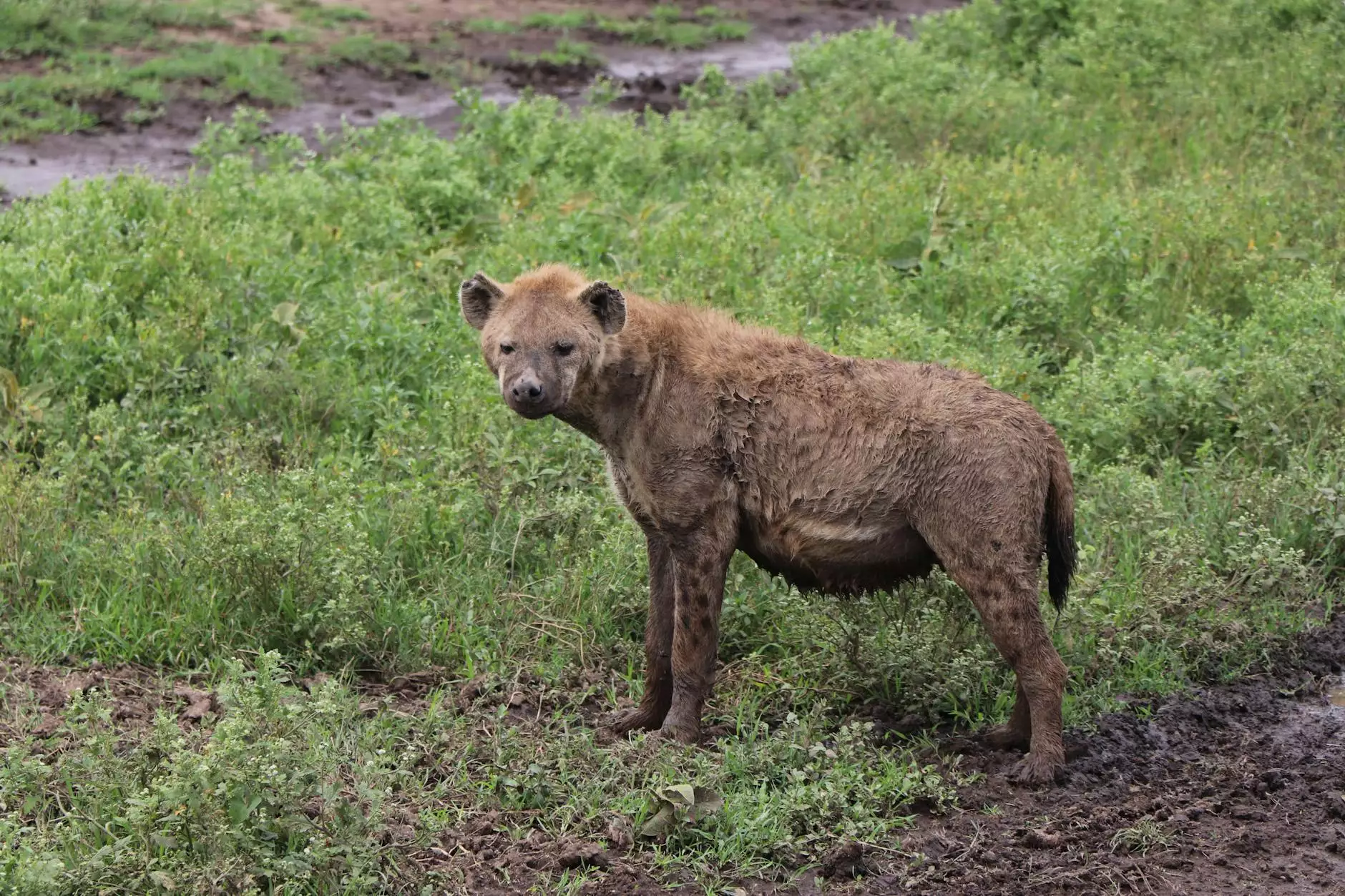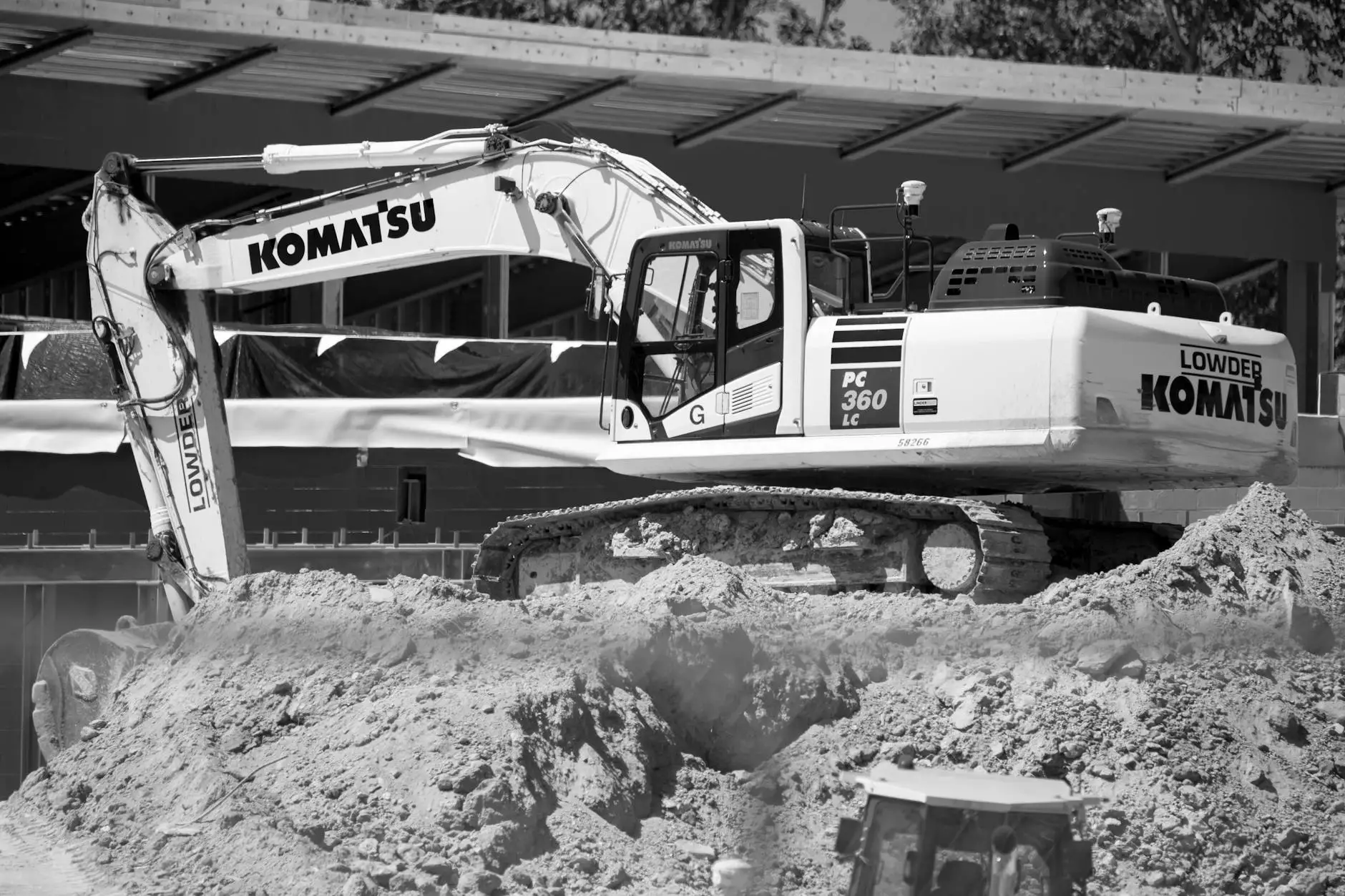Planning a Scavenger Hunt for Adults: The Ultimate Guide

Are you ready to dive into the exciting world of scavenger hunts? Planning a scavenger hunt for adults can be an incredible way to engage friends, colleagues, or family in a unique team-building experience filled with adventure, laughter, and problem-solving.
Understanding the Appeal of Scavenger Hunts for Adults
Scavenger hunts aren’t just for kids! They provide a chance for adults to channel their inner child while engaging in a fun-filled activity that encourages teamwork, creativity, and critical thinking. These events can be tailored to various occasions, making them suitable for:
- Birthday parties
- Corporate team-building events
- Wedding receptions
- Family reunions
- Holiday celebrations
How to Plan a Scavenger Hunt for Adults: Key Steps
Step 1: Define Your Objectives
Before embarking on the logistics of your hunt, it’s important to clearly define the objectives of the event. Are you looking to foster team bonding, or simply provide a fun distraction? Your goals will help shape the experience.
Step 2: Choose a Theme
The theme of your scavenger hunt sets the tone for the entire event. Here are some creative and engaging ideas to consider:
- Mystery & Detective: Players solve clues to unravel a mystery.
- Nature Adventure: Utilize parks or nature reserves for an outdoor experience.
- Cultural Quest: Incorporate local history and landmarks.
- Foodie Tour: Participants hunt for food items at various restaurants or markets.
- Decade Throwback: Each clue relates to a different decade.
Step 3: Select the Location
Choosing the right location is crucial for your scavenger hunt. Depending on the theme you choose, you might opt for:
- A local park or garden
- A bustling downtown area
- An office building
- A local events space
Ensure the area is safe, accessible, and has adequate space for all your participants.
Creating the Clues and Tasks
Step 4: Develop Engaging Clues
Now comes the fun part: creating the clues! Your clues can vary in complexity, ranging from easy riddles to more challenging puzzles. Here are tips for crafting effective clues:
- Make them relevant to your theme.
- Use a mix of clues, including riddles, photos, and maps.
- Adjust the difficulty level based on your group’s dynamics.
- Include tasks (e.g., taking a group selfie at a landmark) to foster interaction.
Step 5: Set the Rules
Establish clear rules to ensure a smooth experience. Consider the following rules:
- Time limits: Decide how long the scavenger hunt will last.
- Point system: Create a system to award points based on the difficulty of the tasks.
- Safety: Set clear safety guidelines, especially if you’re hosting outdoors.
- Team composition: Define how teams will be formed and maintained.
Logistics and Supplies
Step 6: Gather the Supplies
Make a checklist of supplies you’ll need, which might include:
- Clue cards
- Maps
- Pens or pencils
- Cameras
- Prizes for the winning team
Step 7: Communication is Key
On the day of the event, clear communication is vital. Consider using a messaging app where teams can check-in, receive clues, and ask questions as needed.
Making it Unforgettable
Step 8: Capture the Moments
What’s a scavenger hunt without memories? Designate a person (or hire a photographer) to capture all the exciting moments throughout the hunt. Encourage teams to share their pictures on social media with a unique hashtag!
Step 9: Celebrate the Winners
After the hunt concludes, host a mini-award ceremony. This is a wonderful way to recognize the efforts of all participants and add a touch of festive celebration. Offer prizes that tie into your theme, such as themed gift baskets or certificates for local restaurants.
Tips for a Successful Scavenger Hunt
Here are some expert tips to make your scavenger hunt a resounding success:
- Test Your Clues: Run through the clues yourself to ensure they’re logical and achievable.
- Be Flexible: Keep adaptable; sometimes, things don’t go as planned!
- Engage Participants: Involve all participants by circulating around, checking in, and ensuring everyone is having fun.
Conclusion
In conclusion, planning a scavenger hunt for adults can be a thrilling and rewarding experience. By focusing on themes, creating engaging clues, and fostering a supportive environment, you can create a memorable adventuring experience that everyone will cherish long after the event has ended. Whether it's for a team-building exercise or simply to reconnect with friends, a scavenger hunt opens doors to creativity, collaboration, and most importantly, fun!
For more ideas and resources about planning your next scavenger hunt, visit us at grapevinequest.com. We offer tailored solutions that fit your unique needs, ensuring your scavenger hunt is one for the books!









